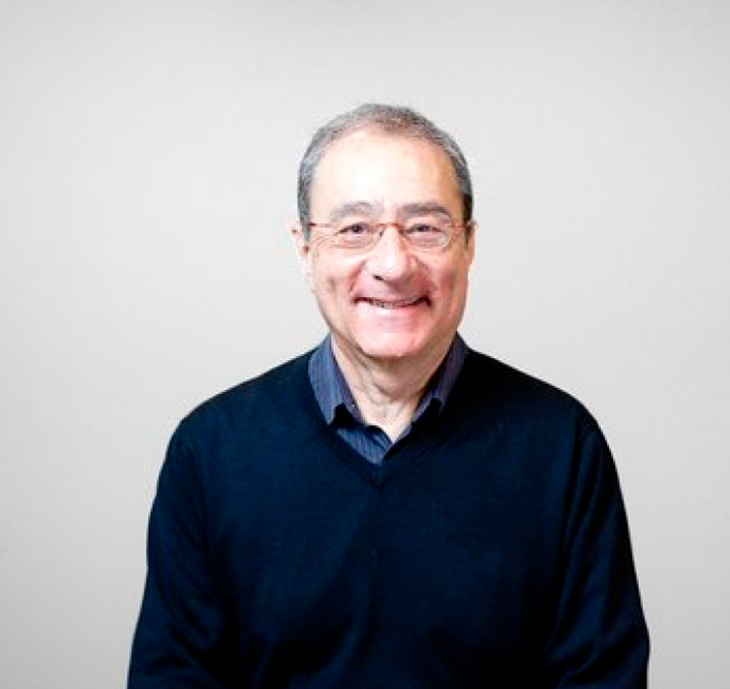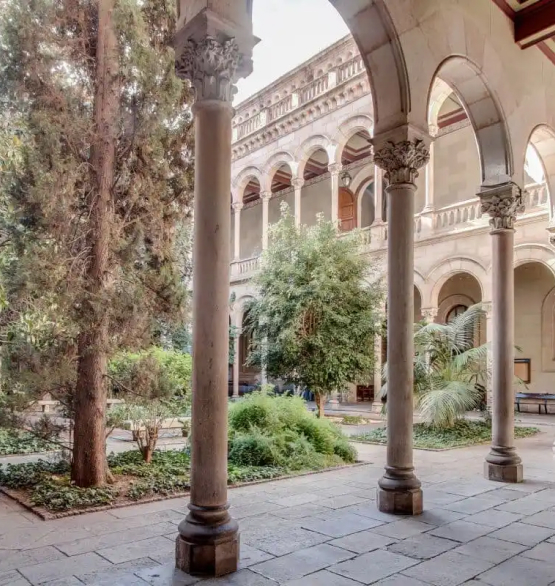
Virtual Reality for Personal
and Social Transformation
Mel Slater, co-founder of Kiin, has made significant contributions to the field of virtual reality (VR) through groundbreaking research in the scientific understanding and practical implications of presence, copresence, and body ownership illusions. His interdisciplinary background in computer science, sociology, and psychology has provided him with a unique perspective on the profound impact of VR on human perception and behavior.
As a pioneer in the field, Mel has demonstrated the transformative power of VR, not only in reshaping our environment but also in altering our sense of self. His work has opened new possibilities for personal transformation and behavioural change.
Academic career

As an academic researcher, Mel Slater has held prominent positions at renowned institutions and has made significant contributions to the advancement of science and technology. Some of his roles include serving as a Distinguished Investigator at the University of Barcelona, and an active member of the Institute of Neurosciences. He is co-director of the Event Lab (Experimental Virtual Environments for Neuroscience and Technology) and was the first Immersive Fellow at Digital Catapult in London. He had a long career in the Department of Computer Science, University College London before moving to Barcelona.
In addition, Mel has published more around 400 papers in prestigious journals such as PNAS, Neuron, Cognition, Nature Reviews Neuroscience, following his aim to bring research in virtual reality into the mainstream.

